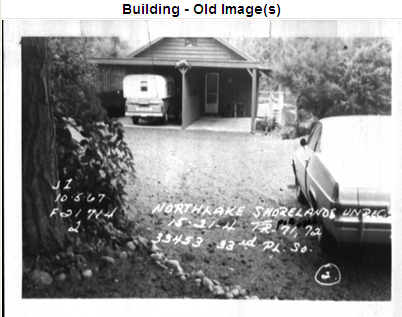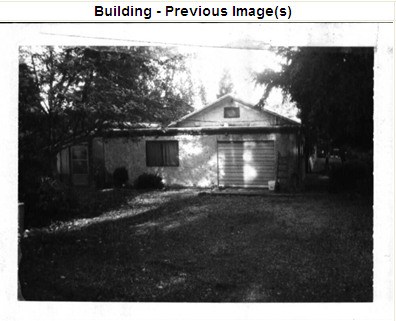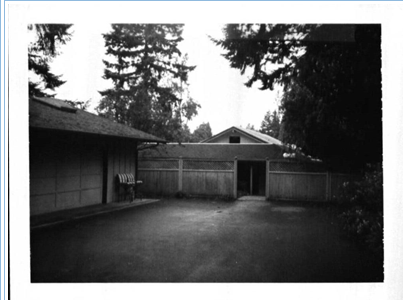I just received this excellent question on a post I wrote at Rain City Guide about why Loan Originators are hesitant in issuing a Good Faith Estimate without all the required information:
…I am a new buyer with a question regarding the GFE. I am brand new to this world, so I apologize if this is a dumb question.
I read that I should shop around to a few banks and get a GFE to see who can give the best deal. I was pre-qualified by my personal bank but my Loan Officer denied me a GFE. She stated she cannot give me one until my offer is accepted for a home.
How am I supposed to shop around for the best deal, if they won't give me a GFE until I've found a home & been accepted? My intent of the shopping around is to be ready when the home comes along.
I've been meaning to write a post about how to select a mortgage professional since my original articles on this topic are a little out of date with the introduction of HUD's Good Faith Estimate at the start of this year.
Currently, if a mortgage originator issues a good faith estimate without the property address (when someone is shopping for a home), the addition of a property address does not create a "changed circumstance". The only time a mortgage originator can issue a new or revised Good Faith Estimate after the initial GFE is if there is a qualified "changed circumstance". Since the 2010 GFE has certain liabilities associated with various fees that are quoted, a mortgage originator is at risk for having to shell out hard earned cash if there are differences between the Good Faith Estimate issued and the HUD-1 Settlement Statement at closing. I say "currently" because I do hope that HUD recognizes this significant flaw and that they correct this soon because a home buyer does not have their future home address will be hard pressed to obtain a Good Faith Estimate from any mortgage originator–which defeats the purpose of why HUD created this document!
So how can a home buyer "shop" for the person who is going to help them with one of their largest debts secured to where possibly their most significant asset? Here's what I recommend:
- Ask for a rate quote sheet or work sheet. Lenders may have different names for this but HUD does allow us to provide rate quotes as long as they do not look like a good faith estimate. If you are going to do this–it's imperative that you do in a short amount of time and provide each LO the same criteria as rates are a moving target. Currently we're experiencing 2-3 rate changes per day.
- Determine if your mortgage originator is licensed or registered and if this is important to you. Licensed Mortgage Originators are held to higher standards per the SAFE Act than Registered (bank or credit union) Mortgage Originators. If you visit www.consumeraccess.com you can verify a license and see your mortgage originators history.
- Consider what type of mortgage company the mortgage originator works for. What this boils down to is do they have in-house underwriting? Where are the decisions on your loan going to be made? Is the processing down in a far away "processing center" or does the processor work in the same office with the loan originator. There are differences between correspondent lenders, mortgage brokers, mortgage banks and credit unions.
- Google your possible mortgage originators. A Google search may reveal rants or raves about the person you're considering to help you. You may learn more about the mortgage professional. Just enter their name into the search box–you might have to add the word "mortgage" if their name is common.
- Is the mortgage originator or their company affiliated with a builder (the seller) or real estate agent's office? If the mortgage originator is a builder's site agent, they may be naturally more incentized to look out more for who feeds them the most business–which isn't you. If they are cozied up in the real estate agents office, make sure they are committed to not disclosing information that you may not want the real estate agent to have (for example, the maximum amount you may qualify for). If you're comfortable with not having someone intendant of attachments to work with, then this point may not be a huge issue…but it is something to think about.
These are just a few suggestions to help you select your mortgage originator. Mortgage rates and closing costs are important, but there are other considerations to factor as well.
If I can answer your questions or help you with a mortgage for a home located in Washington state, please contact me. I've been originating mortgages for the past ten years and I'm happy to help!













Recent Comments